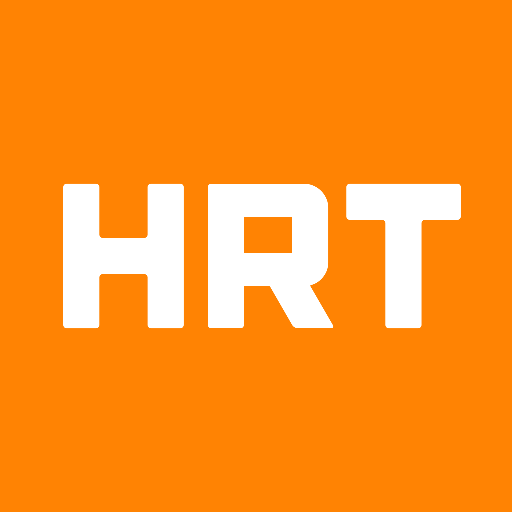
Hudson River Trading
Longest Common Suffix Path
Question Metadata
- Interview Type
- technical
- Company
- Hudson River Trading
- Last Seen
- Within the last month
- Confidence Level
- High Confidence
- Access Status
- Requires purchase
Purchase access to view the full interview question
Assessment Rubric Overview: "Longest Common Suffix Path"
Core Competencies and Skills Evaluated
This problem evaluates a candidate's proficiency in string manipulation, path normalization, and algorithmic problem-solving. Candidates are expected to effectively handle file path representations, including resolving parent directory specifiers (".."), and to compute the longest common suffix path among a set of file paths. The problem requires a solid understanding of data structures, particularly arrays and strings, and the ability to implement efficient algorithms to process and compare these paths.
Behavioral Traits and Problem-Solving Approaches Assessed
Interviewers will assess the candidate's approach to problem-solving, focusing on clarity of thought, logical reasoning, and the ability to articulate the solution process. Demonstrating a methodical approach to breaking down the problem, handling edge cases, and optimizing the solution for performance will be crucial. Additionally, the ability to write clean, maintainable code and to discuss trade-offs in algorithm design will be evaluated.
Assessment Process Expectations
Candidates can expect a multi-stage interview process, beginning with an online assessment that includes algorithmic problems similar to this one. Successful completion of the assessment typically leads to one or more technical interviews, which may involve live coding exercises, problem-solving discussions, and system design questions. Interviewers will likely probe the candidate's understanding of the problem, the efficiency of the proposed solution, and the candidate's ability to communicate technical concepts effectively.
Preparation Recommendations
To prepare for this type of problem, candidates should:
-
Review String Manipulation Techniques: Practice problems involving string parsing, path normalization, and handling special characters like "..".
-
Understand File System Structures: Familiarize yourself with how file systems represent and navigate directories and files.
-
Master Algorithm Design: Focus on algorithms that compare and process multiple strings or paths efficiently.
-
Enhance Coding Proficiency: Regularly solve problems on platforms like LeetCode to improve coding speed and accuracy.
-
Develop Communication Skills: Practice explaining your thought process and solutions clearly, as this is a key aspect of the interview process.
Evaluation Criteria and Technical Concepts
Candidates should demonstrate mastery of the following concepts:
-
String Parsing and Normalization: Ability to process and simplify file paths, including resolving parent directory specifiers.
-
Algorithm Optimization: Designing solutions with optimal time and space complexity.
-
Edge Case Handling: Identifying and correctly handling various edge cases, such as paths with multiple consecutive ".." or paths that are already normalized.
-
Code Quality: Writing clean, efficient, and well-documented code.
Hudson River Trading-Specific Expectations
Hudson River Trading places a strong emphasis on technical excellence and problem-solving abilities. Candidates are expected to demonstrate a deep understanding of computer science fundamentals and to apply this knowledge effectively to solve complex problems. The company values individuals who can think critically, communicate effectively, and work collaboratively in a fast-paced, intellectually stimulating environment. Familiarity with the company's focus on algorithmic trading and quantitative research can also be beneficial.
Other verified questions from Hudson River Trading